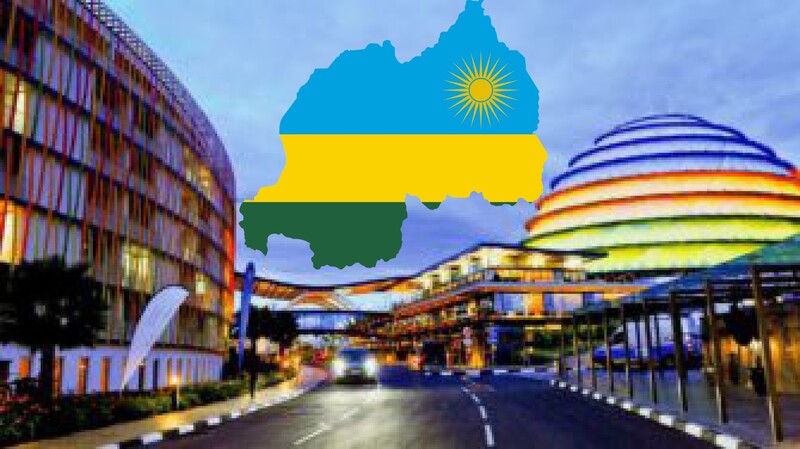 Nigeria at Crossroads of whether it can deliver a green future through business and politics. Photo Credits: AI Generated Image
Nigeria at Crossroads of whether it can deliver a green future through business and politics. Photo Credits: AI Generated Image
Nigeria At A Crossroads: Can Business And Politics Deliver A Green Future?
Africa
Innovation
Nigeria, often dubbed the “Giant of Africa,” stands at a pivotal crossroads. As Africa’s largest economy and home to one of the youngest populations globally, the country brims with potential. Yet, unlocking this promise requires addressing a long-standing challenge: the complex and often uneasy relationship between business and politics. Today, a new and urgent dimension adds further complexity—sustainability.
Politics and Business: A Tightly Woven Relationship
In Nigeria, politics and business have historically been inseparable. From the oil boom of the 1970s to the current tech-driven renaissance, government policies, political stability, and state interventions have consistently shaped market dynamics.
While stable periods have nurtured economic growth, challenges such as corruption, regulatory inconsistency, and political instability have frequently stifled innovation and discouraged investment. However, there are glimpses of progress. The country has made strides in democratic governance, marked by peaceful transitions of power, the rise of young political voices, and civic tech platforms demanding accountability. These developments signal a gradual shift toward transparent and responsive leadership.
Environmental Challenges: A Nation at Risk
If Nigeria is to fully realize its potential, sustainability must enter the national agenda. The country faces pressing environmental threats:
Desertification: Advancing across the north, jeopardizing livelihoods.
Floods: Ravaging the south and displacing millions, including over 2.4 million people in the 2022 floods.
Deforestation: Loss of approximately 350,000 hectares of forest annually.
Pollution: Oil-induced environmental degradation continues to harm communities in the Niger Delta.
These crises underscore the need for urgent action. Within these challenges lies an opportunity—the potential rise of a green economy.
The Rise of a Green Economy: Opportunities Abound
Sustainability could reshape Nigeria’s economic future, with significant potential in sectors such as:
Renewable energy: Nigeria boasts one of the world’s highest solar potentials, with solar irradiation averaging 5.5 kWh/m²/day. Despite this, around 85 million Nigerians (43% of the population) lack access to electricity. Companies like Lumos and Arnergy are meeting this challenge by expanding solar home systems, while the Nigeria Electrification Project deploys mini grids to underserved areas.
Climate-smart agriculture: A vital sector, as agriculture employs about 35% of Nigeria’s workforce.
Eco-friendly manufacturing and responsible mining: These industries could drive sustainable economic growth.
Investors are taking notice. Green-focused initiatives are beginning to attract funding from development partners and private financiers. However, these efforts remain fragmented and underpowered without decisive political will, regulatory frameworks, and long-term incentives.
Policy Progress and Challenges
Nigeria has made encouraging policy moves, such as: Climate Change Act (2021): Mandates carbon budgeting and outlines pathways for sustainable development.
Net-zero pledge by 2060: Demonstrates commitment to combating climate change.
Yet, these ambitious targets alone are insufficient. Corruption, entrenched interests, and bureaucratic inefficiencies continue to slow progress. The nation needs not just policies but bold political courage. Leaders must prioritize environmental protection, foster green innovation, and integrate sustainability into economic planning. Only then can Nigeria diversify beyond oil, create jobs, and raise living standards while safeguarding its environment.
The Call for Sustainable Practices
Sustainability is no longer optional for Nigeria—it is essential. As climate risks escalate, the stakes are clear: adapt or face dire consequences. Businesses, policymakers, and civil society must forge a new social contract that balances economic growth with environmental preservation and social equity.
Nigeria possesses the talent, entrepreneurial drive, and natural resources to lead Africa’s green revolution. The question is no longer if this transformation will happen, but when and how quickly. Success will depend on the strength of its politics, the vision of its business leaders, and the determination of its people.
